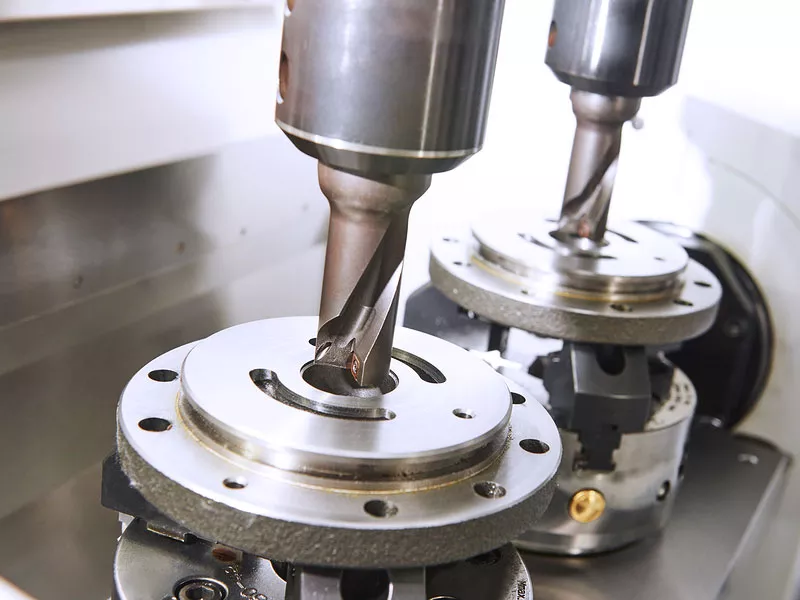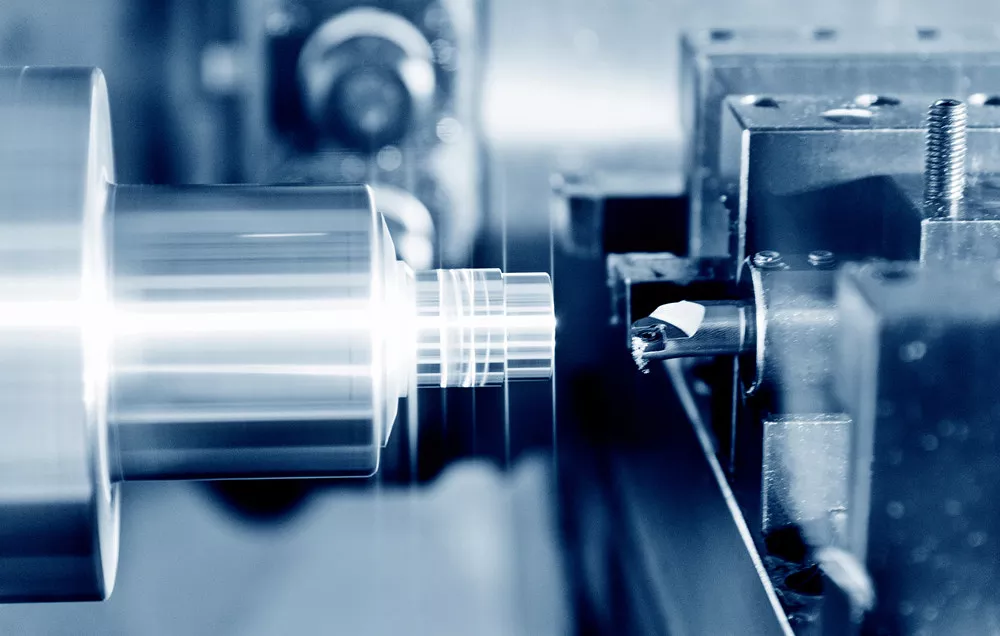Why does the medical industry use CNC precision machining?
Table of Contents
The CNC precision machining industry has led to the development of the medical device industry and the consumer electronics, automotive, military, and other industries. The development and continuous upgrading of technology in the CNC precision machining industry provide better parts processing services for the medical device industry. Objectively promote the advancement of the industry.
The medical device and CNC precision machining industries are closely related and should develop in a coordinated manner. When medical device companies need to develop new products or produce existing products on a large scale, they seek out CNC machining factories that meet their market cooperation requirements. As long as the CNC machine shop meets the customer’s needs for location, machines, materials, machining precision, engineering abilities, and project management, it can generally fulfill their requirements.
How CNC Machining is Transforming Healthcare
The world’s demographics are changing, and the population is growing older.
Due to this aging population, precise machining services are in demand in the healthcare industry.
Precision machining is crucial in successfully bringing medical products to market. Most medical device makers require metal parts, and CNC machining services are the favored solution for producing those parts. This is because they ensure high precision and uniformity in creating vital medical equipment.
If it weren’t for CNC machining and its evolution, it would’ve been almost impossible to substitute human joints with artificial ones. Rebuilding intricate human joint geometry is challenging. Nevertheless, multi-axis CNC machines can fabricate precision medical components and implants that replicate human joints accurately.
Precision, consistency, and repeatability are fundamental requirements in the medical field, and multi-axis CNC machining can fulfill them. One reason for this is that producing complex medical device components requires skilled CNC machinists with ample knowledge and experience and state-of-the-art and precise equipment.
CNC machining plants face the challenge of creating highly demanding
parts in the medical industry due to the superior material required for medical devices. Rare metals are often used in parts for medical devices, but making these parts can be difficult. Some common materials include titanium, PEEK, medical grade stainless steel (stainless steel 304 and 316), alloys, and brass.
Making parts for implantable medical devices and very small components can also be tricky because they often need Swiss or micro-machining. Also, because peptides do not interact with the body, these parts are often fabricated from titanium alloys. Medical industry components requiring precise CNC machining include:
- Surgical instruments.
- Spinal and bone fixation components.
- Medical pump components.
- CT and MRI scanners.
Numerous medical parts are implanted into the body to resolve a functional issue. Therefore, the intricacy of medical parts – as dictated by the complexity of the human body – makes it a challenge for machine shops to meet the high demands.
Mastercam CNC Machining Capabilities for the Medical Industry
Machining medical parts are complex.
It involves machining tough titanium alloys and cutting without coolant while maintaining safe heat levels and meeting tight tolerances. It’s virtually impossible to do this without a robust CAD/CAM suite.
Mastercam software provides support that improves manufacturing in medical facilities. Precision and reliability are crucial in medical manufacturing, even more so than speed. Mastercam has CAD/CAM software solutions that meet the strict standards of this industry sector.
These include:
1. The ability to import, create or cut virtually any CAD model.
2. A broad spectrum of CAM tools for handling intricate machining issues. 3.
Dynamic Motion™, which fine-tunes feeds, speeds, entry points, and dwell times for faster cuts and less tool wear.
4. Highly precise cutting paths for small parts.
5. Simple 5-axis cutting, trimming, and drilling.
6. Trimming quickly removes burrs on vital medical components. 7.
Our simulation ensures that materials are removed to the required specifications and detects interference.
Anpllocnc is the ideal partner for the CNC machining of medical parts
The demands for medical parts are high, requiring resistance and exceptional performance. Partner machining plants need comprehensive machining design capabilities to meet these demands, including material selection, accurate machining, engineering management, and suitable equipment and premises. Consequently, working with a manufacturer that meets these requirements is crucial to achieving optimal results.
Why should you choose Anpllocnc as your ideal partner? We can make medical prototypes and components that follow ISO 9001:2015. We’ve had an effective quality management plan since we began, so we can create medical equipment that meets our exact needs. Also, our skilled specialists and quality inspectors know a lot about medical CNC machining. Get in touch with us now so we can talk about your future project!


